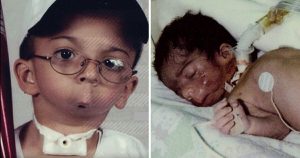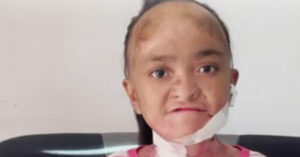Dementia can affect our daily interactions, productivity, and lives. There are a few signs that together may help you figure out if this is something to address.
1. A difference in remembering short-term things
If you frequently misplace items, cannot remember where you were going, or if you ate, lunch this could be something to monitor.
2. A hard time thinking of words to use when communicating
Sometimes this becomes evident when one feels they cannot fully express themselves. It takes more energy and time to convey what is thought.
3. Mood swings
Being happy to sad in short amounts of time could be a result of this disease. Also, a phase of being sad or down, in general, is a sign of dementia.
4. A feeling of ‘blah’ or melancholy
If a person doesn’t have the drive to participate in social activities or past interests any longer, this could be something to consider.
5. A hard time finishing everyday things
Small things with lots of steps could be difficult for a person with dementia. This could include something like recipes, following instructions to put something together, or how to play a board game.
6. Feeling disheveled or confused
This can result from not remembering where someone is or who a person may be. A frequent lack of clarity.
7. A hard time keeping up with timelines or following the direction of a conversation
This is a common sign amongst those with dementia. Examples include keeping up with what is happening in a movie, conversation or book.
8. Unclear awareness of where you are or getting lost frequently
This may show up in the form of not remembering how to get home and following steps in reference to direction.
9. Saying the same things over and over again
Because of memory loss, one may not realize they have already said a story or comment. This could cause them to repeat themselves and not realize they have mentioned a subject previously.
10. A hard time to adjusting to new environments
If one becomes aware of the forgetfulness, it could prevent them from wanting to do anything new. Staying with something familiar is a safe place to be in order to prevent confusion or fear.
If you believe you or a family member may show early signs of dementia, its best to see a doctor. The disease can be treated if discovered early and somewhat managed. A healthy diet, exercise and keeping the mind active can also help prevent the disease or slow down its effects.








